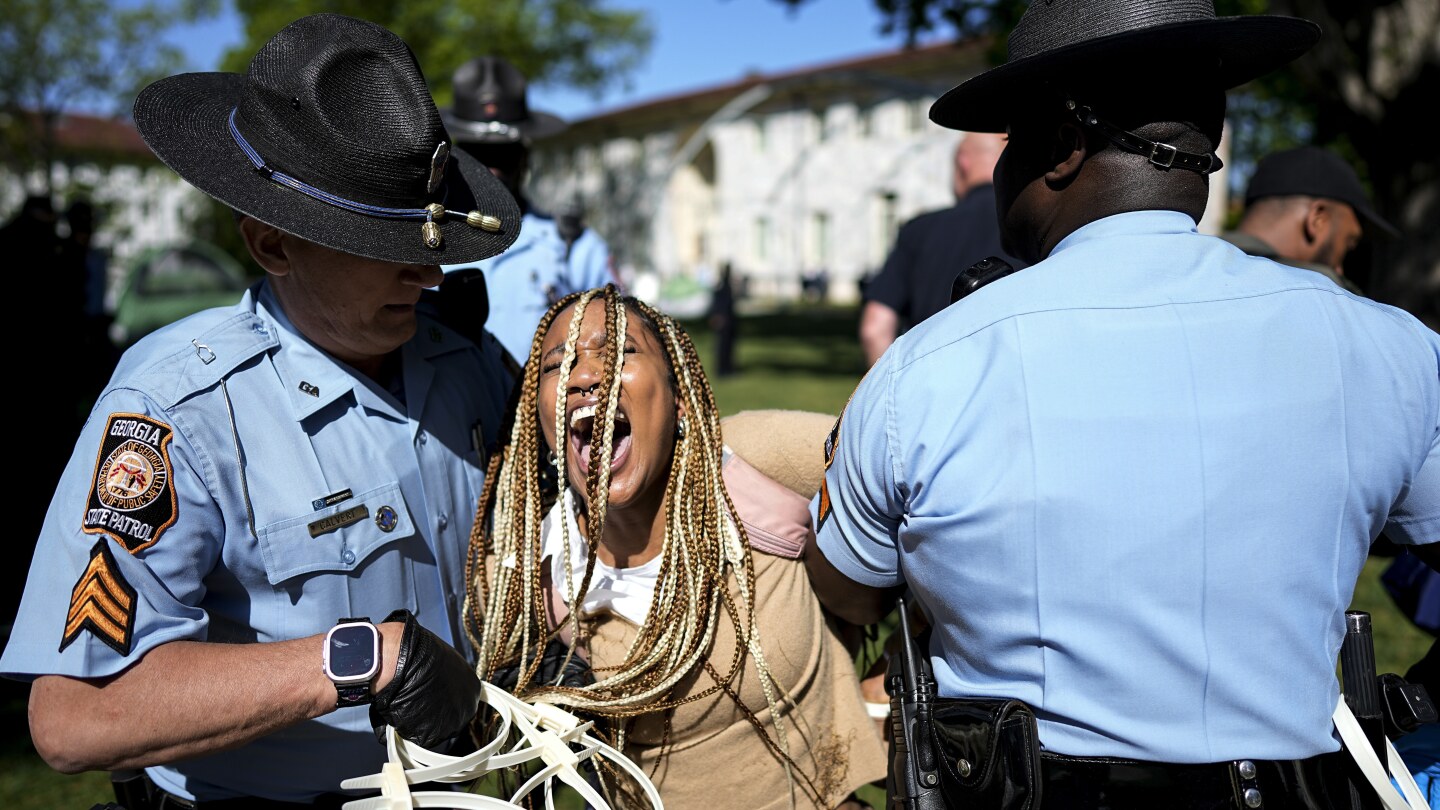Maryam Alwan figured the worst was over after New York City police in riot gear arrested her and other protesters on the Columbia University campus, loaded them onto buses and held them in custody for hours.
But the next evening, the college junior received an email from the university. Alwan and other students were being suspended after their arrests at the “ Gaza Solidarity Encampment,” a tactic colleges across the country have deployed to calm growing campus protests against the Israel-Hamas war.
The students’ plight has become a central part of protests, with students and a growing number of faculty demanding their amnesty. At issue is whether universities and law enforcement will clear the charges and withhold other consequences, or whether the suspensions and legal records will follow students into their adult lives.



Because it is unrelated to their studies/work at the university and they shouldnt be attacked for it by their institution/employer for their political views.
just being a student doesn’t give you permission to use college campuses as you want. if you break rules or laws, there’s consequences for that. if you believe that what you stand for is the most important thing, then you accept the consequences as a feature of what you’re campaigning for. If you don’t, then your heart isn’t really in it and you just want to do whatever you want and get away with it because you feel like that’s what you deserve.